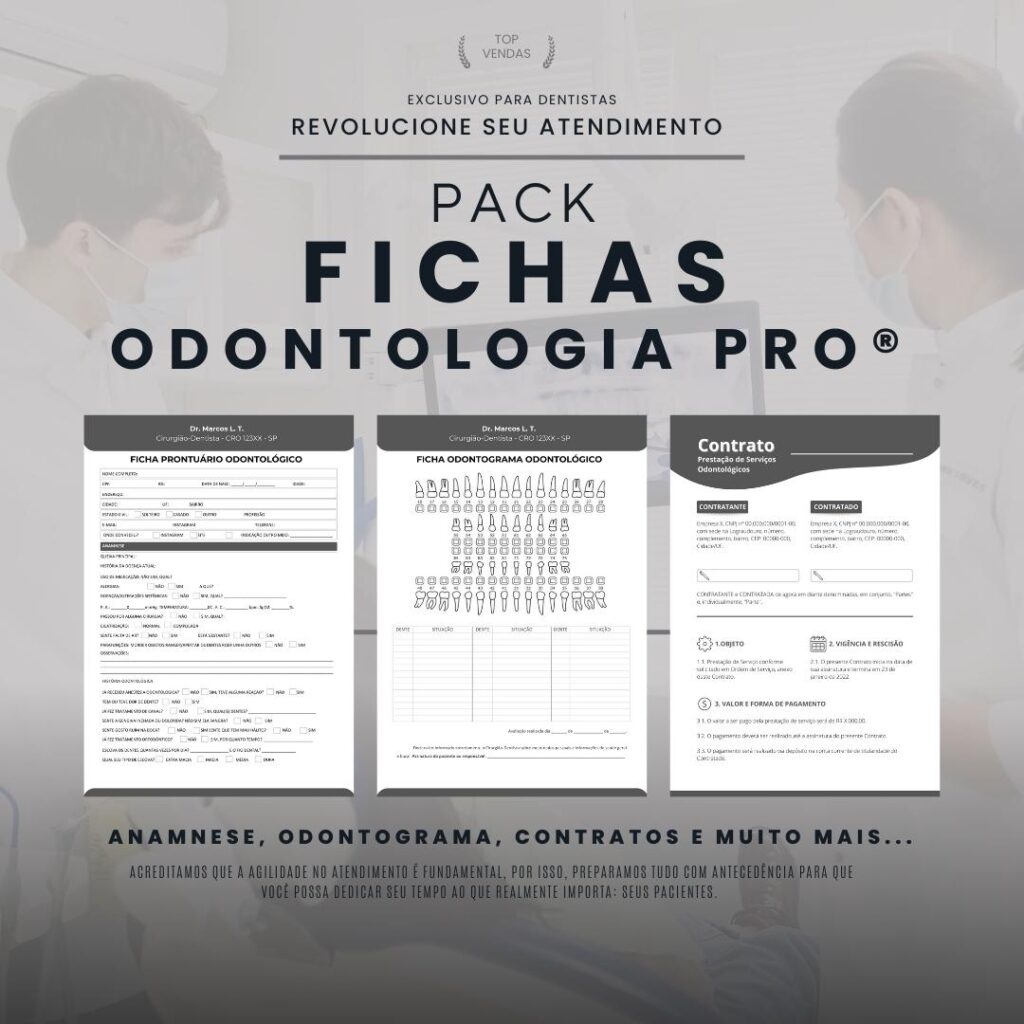What is Bisphenol A (BPA)?
Bisphenol A (BPA) is a chemical substance widely used in the production of plastics, especially in the manufacture of polycarbonate and epoxy resins. These materials are commonly found in everyday products such as reusable water bottles, food containers, baby bottles, children's toys, food and beverage can linings, among others.
How is Bisphenol A (BPA) used?
Bisphenol A (BPA) is used in the manufacture of polycarbonate plastics, which are known for their durability, transparency, and resistance to high temperatures. These plastics are widely used in the production of reusable water bottles, food containers, sunglasses, CDs and DVDs, among other products. In addition, BPA is used in the production of epoxy resins, which are used as an internal coating for food and beverage cans to prevent corrosion and the leakage of toxic substances into the food.
What are the risks associated with Bisphenol A (BPA)?
Bisphenol A (BPA) has been a source of concern due to its potential negative effects on human health. Scientific studies suggest that BPA can interfere with the endocrine system, mimicking the action of the body's natural hormones and causing hormonal imbalances. This hormonal interference may be associated with a range of health problems, such as reproductive disorders, alterations in fetal and childhood development, increased risk of certain types of cancer, behavioral and learning problems, obesity, diabetes, and cardiovascular disease.
How does Bisphenol A (BPA) affect human health?
Bisphenol A (BPA) can affect human health in several ways. Studies in animals have shown that exposure to BPA can lead to changes in the reproductive system, such as decreased sperm quality, reduced fertility, and an increased risk of miscarriage. Furthermore, BPA can interfere with fetal and infant development, leading to problems with growth, neurological development, and behavior.
How is Bisphenol A (BPA) absorbed by the human body?
Bisphenol A (BPA) can be absorbed by the human body primarily through the ingestion of food and beverages that have been stored in plastic containers containing BPA or that have been canned with epoxy resin linings containing BPA. In addition, exposure to BPA can also occur through inhalation of dust containing BPA particles and direct contact with products containing BPA, such as children's toys and cosmetics.
What are the regulations regarding the use of Bisphenol A (BPA)?
Due to concerns about the safety of Bisphenol A (BPA), several regulatory agencies worldwide have adopted measures to limit the use of this substance in consumer products. For example, the European Union banned the use of BPA in baby bottles in 2011 and restricted its use in other products intended for children. In the United States, the Food and Drug Administration (FDA) banned the use of BPA in baby bottles in 2012, but considers the use of BPA safe in other products. However, some American states have adopted stricter regulations, prohibiting or restricting the use of BPA in children's products.
How to avoid exposure to Bisphenol A (BPA)?
To reduce exposure to Bisphenol A (BPA), it is recommended to avoid using plastic products marked with the numbers 3 or 7 within the recycling symbol, as these plastics may contain BPA. Additionally, it is advisable to avoid heating food and beverages in plastic containers, as this can increase the release of BPA. Opting for glass, stainless steel, or other safe materials to store food and beverages is also an option to reduce BPA exposure.
What are the alternatives to Bisphenol A (BPA)?
Due to concerns about the safety of Bisphenol A (BPA), several alternatives have been developed to replace the use of this substance in consumer products. Some of the most common alternatives include BPA-free plastics, such as polypropylene and polyethylene, and BPA-free epoxy resin coatings, such as phenolic resins. In addition, there are also product options made from glass, stainless steel, and other safe materials that do not contain BPA.
Conclusion
Bisphenol A (BPA) is a chemical widely used in the production of plastics and epoxy resins. However, concerns about the safety of BPA have arisen due to its potential negative effects on human health, such as hormonal interference and risks to fetal and infant development. To reduce exposure to BPA, it is recommended to avoid using plastic products containing BPA, opt for safe materials to store food and beverages, and be aware of the regulations in force in each country. Furthermore, several alternatives to BPA are available on the market, offering safer options for consumers.


